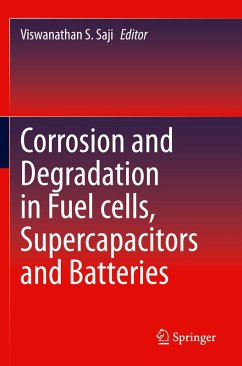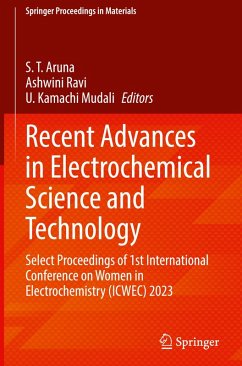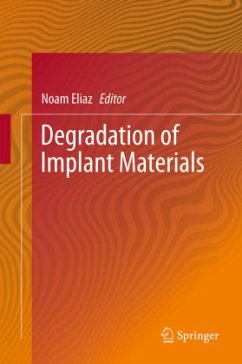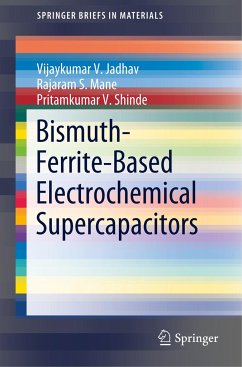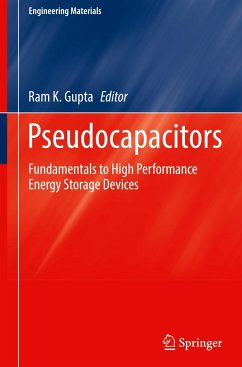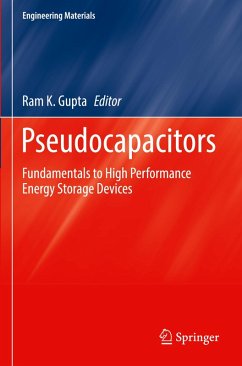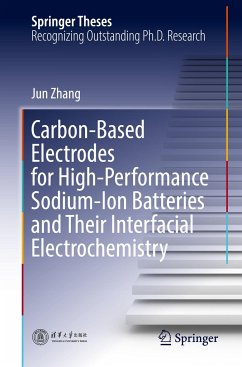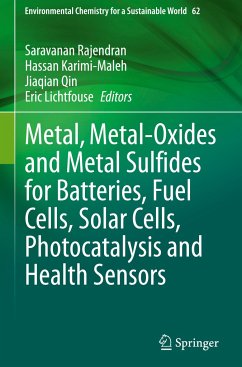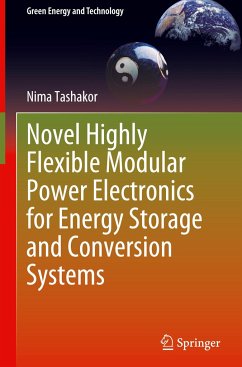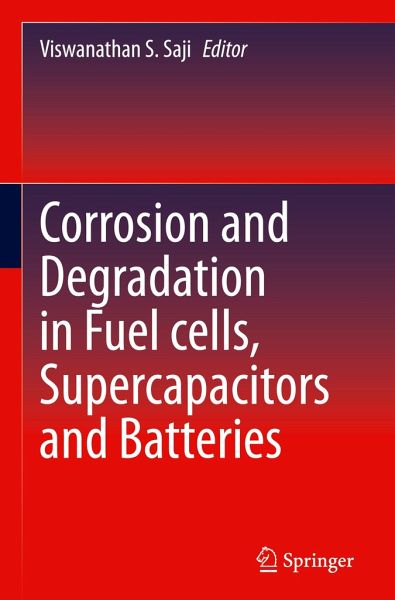
Corrosion and Degradation in Fuel Cells, Supercapacitors and Batteries

PAYBACK Punkte
76 °P sammeln!
This book discusses research and development on various degradation types and their mitigation approaches in electrochemical energy storage and conversion (EESC) devices, such as fuel cells, batteries, and supercapacitors, essential to realizing carbon neutrality and a sustainable energy economy. Corrosion and degradation of the components remains a major threat to EESC devices' long-term durability, and at present there is an insufficient number of book-length treatments of this topic. This volume brings together the most up-to-date findings from the research literature.



